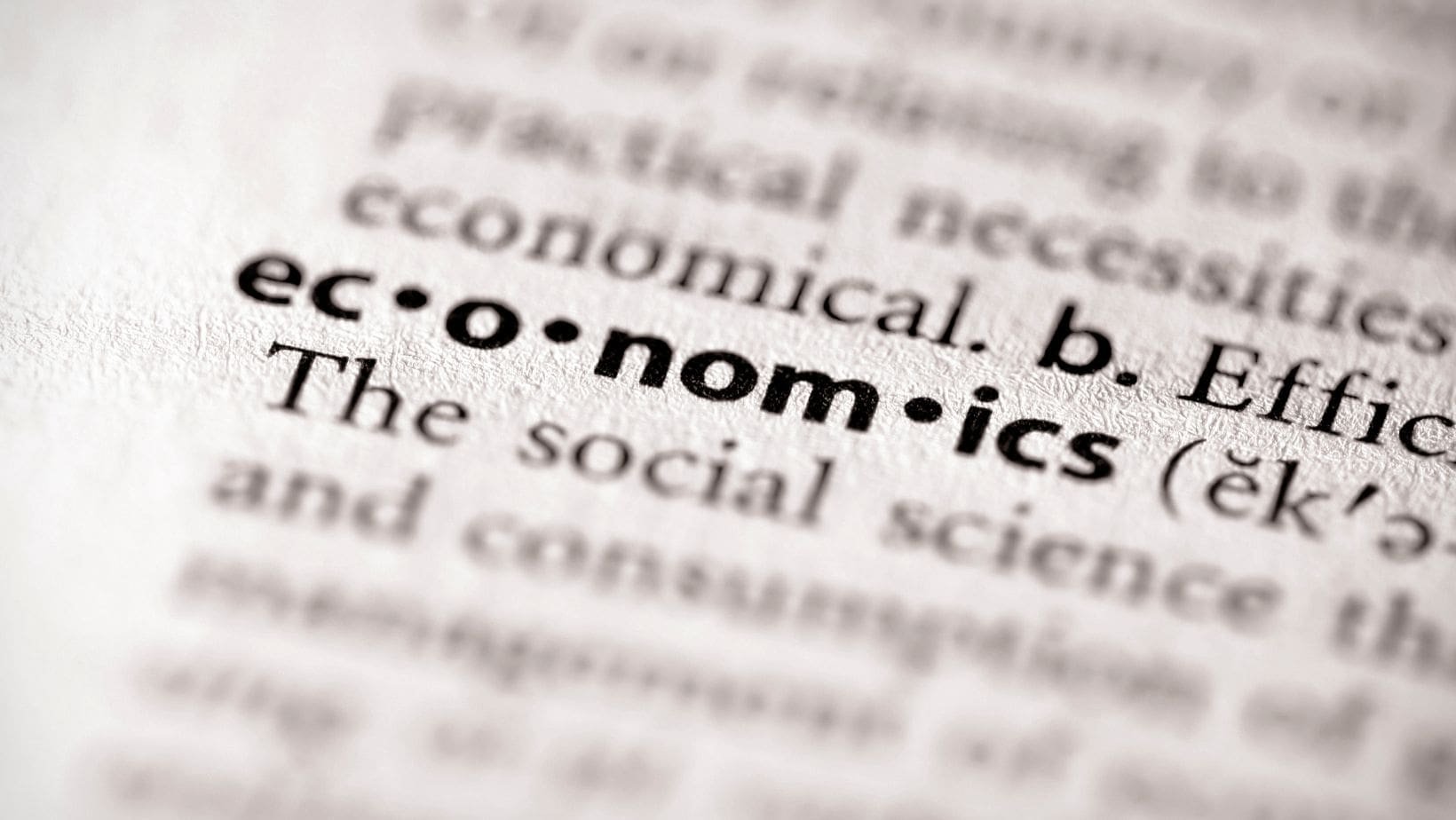
The Minds Underground™ Economics Essay Competition 2026
The Minds Underground™ Economics Essay Competition, run in partnership with Aseeder, is an exciting and intellectually stimulating contest aimed at bright, inquisitive students in Year 12 (though younger applicants are welcome). The competition provides students with an opportunity to engage in university-level research, hone their writing skills and draw links between economic concepts and real-world scenarios.
Spanning key subfields including international economics, mathematical economics, behavioural economics, and environmental economics, the competition challenges students to engage with real-world problems and sharpen their analytical, reasoning, and communication skills. Students are encouraged to demonstrate critical analysis, drawing on theory, data, and policy perspectives. Creativity, reasoning, and originality are valued above technical formality.
Submission Deadline: 3rd April 2026.
2026 Economics Essay Competition Questions
Participants must select and respond to one question only, chosen from any of the four subfields listed below.
Mathematical Economics
Mathematical economics applies mathematical models and quantitative methods to explain and predict economic behaviour and market mechanisms. Through formal modelling and analysis, it helps transform abstract economic concepts into testable, logical frameworks. Topics such as queuing theory, information asymmetry, and measures of welfare encourage students to think critically using game theory, utility analysis, and quantitative modelling.
This field is ideal for students interested in the intersection of mathematics, economics, and data science, or those aspiring to fields such as finance, technology, and policy analysis. Whether applied to algorithmic trading, risk modelling, or behavioural forecasting, mathematical economics provides a rigorous foundation for understanding decision-making and markets.
01.
Can you use mathematics to explain why people queue at some coffee shops but not others?
Hints: Think about models of decision-making under uncertainty, externalities, pricing, or expectations. Could queuing be a rational signal of quality? Use game theory, utility models, or network effects.
02.
Imagine a world where everyone has perfect information. What changes in how markets work?
Hints: Explore market efficiency, price discovery, asymmetric information, and the role of speculation or advertising.
03.
How would you design a mathematical model to measure “economic happiness”?
Hints: Define what variables matter (e.g. income, leisure, inequality). Consider utility, GDP alternatives, or wellbeing indexes. How would you test or apply it?
Behavioural Economics
Behavioural economics studies how psychological factors, emotions, and cognitive biases shape economic decision-making. It explores how individuals systematically deviate from rational models of choice, leading to patterns that influence consumption, saving, and policy outcomes. Students are encouraged to investigate the underlying mechanisms of consumer bias, expectations, social norms, and signalling to understand the true drivers of behaviour in markets and everyday life.
This field has wide applications in marketing, policy design, and business strategy, offering tools to predict and influence human behaviour more effectively. It is particularly suited to students interested in human psychology, decision science, and the social dimensions of economics, as well as those considering careers in business, behavioural research, or public policy.
01.
Why do people tip in restaurants they’ll never return to?
Hints: Explore social norms, reciprocity, self-image, and irrational generosity. Consider experimental findings.
02.
If humans were truly rational, would supermarkets still exist in their current form?
Hints: Think about pricing psychology, choice architecture, and impulse behaviour. Consider how shopping would change in a hyper-rational world.
03.
Why do people pay more for branded water? Can behavioural economics fix this?
Hints: Explore perceived value, framing, signalling, and consumer biases. What policies (if any) should intervene?
International Economics
International economics explores how trade, capital flows, and monetary policy connect nations, revealing how globalisation shapes relationships between markets, governments, and societies. The field helps us understand the complex interdependence of economies — from exchange rates and trade agreements to financial crises and emerging digital currencies.
Key topics include currency credibility, border openness, and the rise of digital currencies challenging the dominance of the US dollar. Students are encouraged to analyse the intersection of policy, technology, geopolitics, and market dynamics, developing a nuanced understanding of how global economic systems evolve and interact.
This discipline has applications in international finance, transnational policy, and global market analysis, and is ideal for students interested in international relations, economic policy, and global development research.
01.
A new country is formed and launches its own currency. What determines whether the world takes it seriously?
Hints: Consider monetary policy, central bank credibility, geopolitical alliances, and investor confidence. Case studies welcome!
02.
What would happen if all borders were opened overnight?
Hints: Explore the flow of labour, capital, and goods. Discuss short- and long-term impacts, institutional strain, and economic opportunity.
03.
Could a digital-only currency replace the US dollar as the world’s reserve?
Hints: Compare digital currencies vs. fiat; look at trust, power, and technological infrastructure. How do politics and finance intersect?
Environmental Economics
Environmental economics explores how markets, policy, and innovation can address climate change and sustainability challenges. It examines how economic tools - such as pricing, taxation, and regulation - can balance growth with environmental limits.
Students investigate key ideas like externalities, carbon governance, and sustainable growth, learning how economic models and policy design can promote long-term ecological resilience. This field is ideal for those interested in green finance, environmental policy, and sustainable development, who want to connect economics with real-world impact.
01.
Should we put a price on nature?
Hints: Think about ecosystem services, externalities, and valuation methods. Explore whether economic tools can meaningfully capture environmental value.
02.
If climate change were a company, how would you bankrupt it?
Hints: Think creatively - consider subsidies, taxes, lawsuits, social pressure, or innovation. Can market mechanisms “defeat” emissions?
03.
Is infinite economic growth on a finite planet a myth or a misunderstood goal?
Hints: Challenge GDP as the primary measure of progress. Explore the circular economy, decoupling, or alternative definitions of “growth” in an ecological context.
Are you in Year 11/12 & Thinking of Pursuing Economics at Degree Level/ Oxbridge?
We offer a range of exciting opportunities for students aspiring to a degree in Economics at a leading university:
Research Projects in exciting current fields with subject experts (great for personal statement content)
Economics Summer School for university/ Oxbridge applicants
Long-term Oxbridge Economics & related courses mentoring: Boosting knowledge beyond the curriculum, preparing for personal statement and interviews - visit our on-curriculum site, U2 Tuition for more information: https://www.u2tuition.com/university-applications
Interested in an Economics Competition Mentor? Looking for specialist support researching & writing? Our Oxbridge-educated masterminds are here to help! Sessions from £75/h + VAT. Enquire here
N.B. You may be interested in undertaking one of MU’s Economics masterclasses with our experts to give you ideas and help direct your research. Some examples are listed below!
Economics Essay Competition FAQs
Why should you enter our Economics Essay Competition?
Our Economics Essay Competition is a fantastic opportunity to strengthen your university application by showcasing your dedication to exploring an independent interest in economics. By taking part, you’ll develop essential skills in research, planning, and critical analysis—all highly valued by admissions tutors.
Who is eligible to enter the Economics Essay Competition?
Open to all students in the UK and internationally! It is especially recommended for Year 12 students or gap-year applicants preparing to reapply to university, though younger students with a passion for economics are also encouraged to participate.
Can I receive support for the Economics Essay Competition?
Absolutely! Work alongside one of our experienced Economics Essay Competition mentors for assistance with interpreting questions, conducting research, and structuring your essay. Our mentors will also provide detailed feedback on your drafts. Many of our mentors have studied Economics at Oxbridge and can guide you through every stage of the process. Sessions start at £75/hr + VAT. Enquire here.
Can I submit multiple entries?
Only one entry is allowed per subject, but you’re more than welcome to submit an essay in a different competition subject!
Useful Economics Resources
These economics resources might offer some useful independent reading tips for our Economics essay competition, or help you prepare an Oxbridge Economics application. We have a wealth of resources to support you on our partner site, U2 Tuition.
Applying for Economics & Management
Oxbridge Economics Interview Questions
Oxbridge and Cambridge Economics Interview Resource Packs















